Foods That Cause Inflammation
Nov 03, 2023 By Nancy Miller
Do you know the foods that can harm your golf game? It's no secret that what we eat is crucial in keeping us healthy and happy, but did you also know it affects our golf course performance? Food-related inflammation has been linked to reduced endurance and muscular strength, both key components for peak performance.
To ensure consistent good rounds, it's important to identify and avoid foods with a high inflammatory potential to get back out there feeling your best. Read on to learn all about foods that cause inflammation.
What is inflammation?
Inflammation is the body's natural response to infection, injury, or stress. It causes redness, swelling, and pain in joints and organs. Chronic inflammation occurs when your body's immune system is constantly activated due to diet and lifestyle factors.
This can lead to various health issues, such as cardiovascular disease, arthritis, obesity, diabetes, cancer, etc.
What foods cause inflammation?
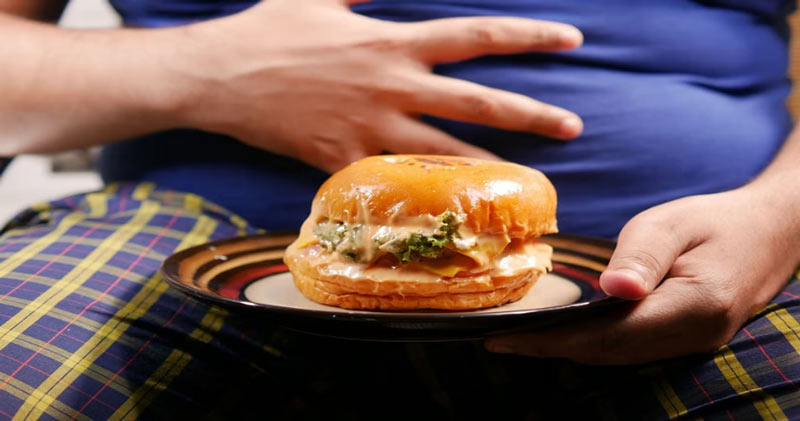
This question has been asked by many golfers who want to ensure they are performing their best on the course. The answer is simple: certain foods have high levels of inflammatory compounds that can cause inflammation, leading to reduced endurance and muscular strength.
Some common inflammatory-causing foods include processed meats, red meat, fried foods, white flour products, foods high in saturated fats and trans-fats, and foods with added sugar.
These inflammatory-causing compounds can stay in your system for hours or even days, meaning that eating these foods regularly can negatively affect your game.
To maximize performance and minimize inflammation, it is important to limit the intake of these food items and focus on a diet rich in anti-inflammatory ingredients such as fruits, vegetables, whole grains, and healthy fats.
Foods That Cause Inflammation
Sugar and high fructose corn syrup
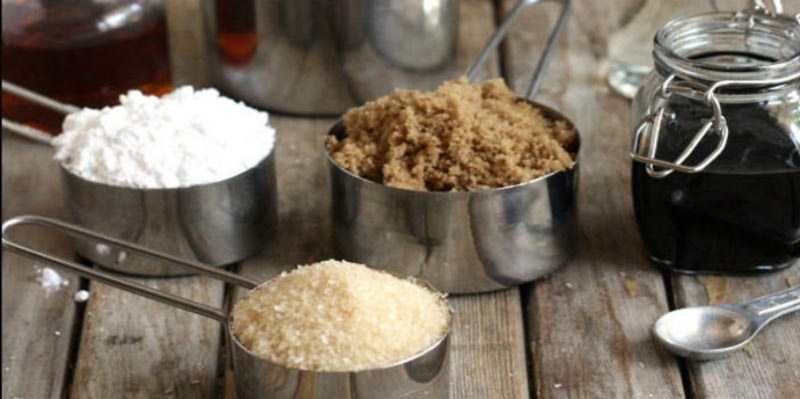
Sugar and high fructose corn syrup are two of the most inflammatory foods you can eat. Refined sugars, such as those found in processed foods or added to coffee and tea, can increase inflammation, reducing energy levels and poor coordination on the golf course.
Try to limit your intake of sugar and opt for natural sweeteners instead. High fructose corn syrup is also very inflammatory and should be avoided. The same goes for foods containing this sweetener, such as sodas and processed snacks.
Refined carbohydrates
Refined carbohydrates are another inflammatory food to watch out for. Refined bread, pasta, and other grains, such as white rice, can cause inflammation due to their high glycemic index. This can affect your performance on the golf course by sapping energy levels and reducing muscular strength.
Opt for whole grain versions of these foods, or choose healthier alternatives such as quinoa, buckwheat, or barley.
Processed meats
Processed meats are also high in inflammatory properties and can lead to reduced endurance on the golf course. Processed meats include a deli, hot dogs, sausages, and bacon, packed with preservatives and unhealthy fats.
Reducing your intake of processed meats is a great way to reduce inflammation and improve your performance on the golf course.
Excessive alcohol
Alcohol can also lead to inflammation in the body. Excess consumption of alcohol can cause dehydration and an increase in inflammatory proteins, affecting your concentration and coordination on the golf course.
Try to limit your intake of alcoholic beverages as much as possible if you want to stay on top of your game.
The Common Culprits – Sugar and Omega 6 fats
In addition to the foods mentioned above, there are two other common culprits of inflammation: sugar and Omega 6 fats. High intake of both can lead to an increase in inflammatory markers, which, in turn, can affect your performance on the golf course. Limit your intake of these two and opt for healthier alternatives.
High-Fructose Corn Syrup, Trans Fat, and Processed Foods
High-fructose corn syrup, trans fats, and processed foods are other inflammatory culprits to watch out for. These types of food contain added sugar and unhealthy fats, which can cause inflammation and reduce your performance on the golf course. Avoiding these types of food is a great way to ensure peak performance on the course.
Gluten Containing Grains
Some people may have to watch out for gluten-containing grains. Although not inflammatory, gluten can cause digestive issues in some individuals, which may lead to inflammation. If you think this is a problem, try eliminating gluten from your diet and see if it helps your game on the golf course.
Dairy Products
Dairy products may also cause inflammation in some individuals. Dairy contains lactose which can be difficult to digest and, as a result, can increase inflammatory agents. If you find that dairy is causing problems on the golf course, try eliminating it from your diet or opting for non-dairy alternatives such as almond milk or coconut-based yogurts.
Artificial Sweeteners and MSG
Artificial sweeteners and MSG should also be avoided as they are linked to inflammation. These additives can increase inflammatory markers, affecting your performance on the golf course. Stick to natural sweeteners such as honey or maple syrup instead.
Fried Food – Avoid cooking with vegetable oils
Fried food can also lead to inflammation. Avoid cooking with vegetable oils such as corn and soybean oil, as these contain high amounts of Omega 6 fatty acids linked to inflammation. Coconut or olive oil is a much better choice for cooking if you want to keep inflammation at bay.
How to adjust your diet to reduce inflammation?
By removing the inflammatory foods mentioned above from your diet, you can reduce inflammation and stay on top of your game. Additionally, include plenty of fruits and vegetables in your meals, as these are packed with antioxidants that help fight inflammation. Staying hydrated is also important – aim for 8-10 glasses of water a day to keep your body functioning at its best. Finally, try to get at least 7-8 hours of sleep each night, essential for a healthy body and mind.
Following these tips can reduce inflammation and help you stay on top of your game to keep hitting those winning shots! Good luck!
FAQs
What foods quickly reduce inflammation?
Certain foods can help reduce inflammation in the body quickly, including fatty fish (such as salmon or sardines), ginger, turmeric, and other spices (cinnamon, oregano, etc.), leafy greens, fruits with anti-inflammatory properties (berries, kiwi, citrus fruits), nuts and seeds (chia seeds, flaxseed) and omega-3 fatty acids (avocado, olive oil).
What foods should I avoid if I am trying to reduce inflammation?
It is important to avoid certain foods high in inflammatory potentials, such as processed meats, fried or greasy foods, sugar and refined carbohydrates (white flour, white rice), trans fats, dairy products, and excessive amounts of alcohol. Additionally, it is important to be mindful of your portion sizes and strive for a balanced diet with plenty of fruits and vegetables.
What reduces inflammation?
A diet rich in fresh fruits and vegetables, healthy fats, and lean proteins is the best way to reduce inflammation. Additionally, incorporating anti-inflammatory foods such as fatty fish, ginger, turmeric, leafy greens, and omega-3 fatty acids into your daily meals can help reduce inflammation quickly. Exercise is also important for reducing inflammation, as physical activity helps move toxins through the body. Getting adequate rest is also important, as lack of sleep can contribute to inflammation.
Conclusion
In conclusion, knowing the foods that can cause inflammation is important. Limiting your intake of these foods and incorporating more anti-inflammatory options into your diet is key for peak performance while playing golf. By making healthy dietary decisions, you can make better shots on the course and have a more enjoyable time. So, the next time you go to the grocery store or order takeout, choose options with minimal inflammation-causing ingredients. Your body and your golf game will thank you!
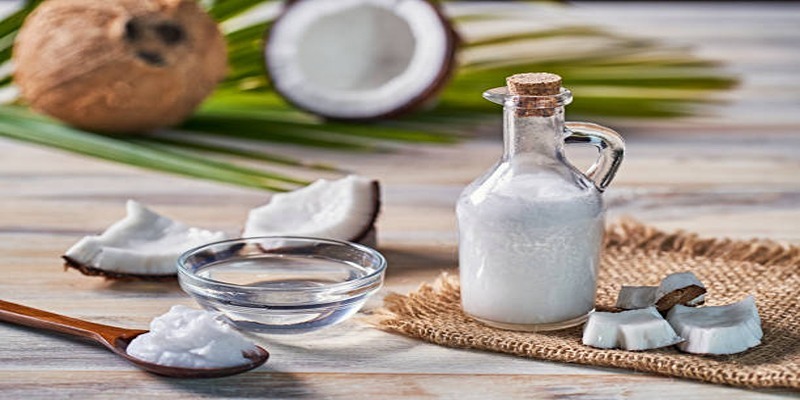
Best Practices for Storing Coconut Oil
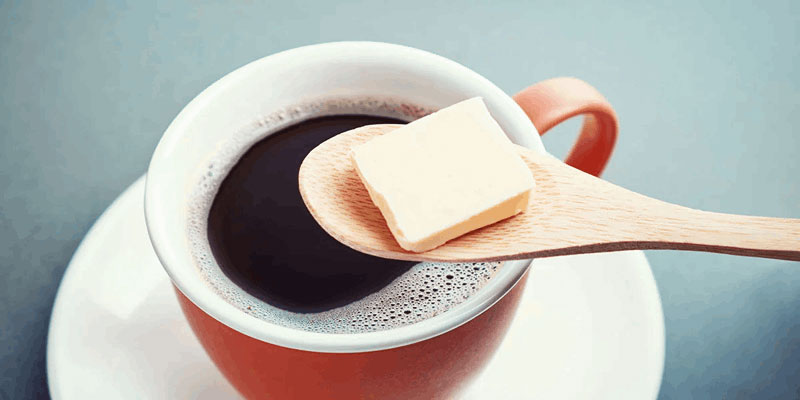
Should You Add Butter To Your Coffee
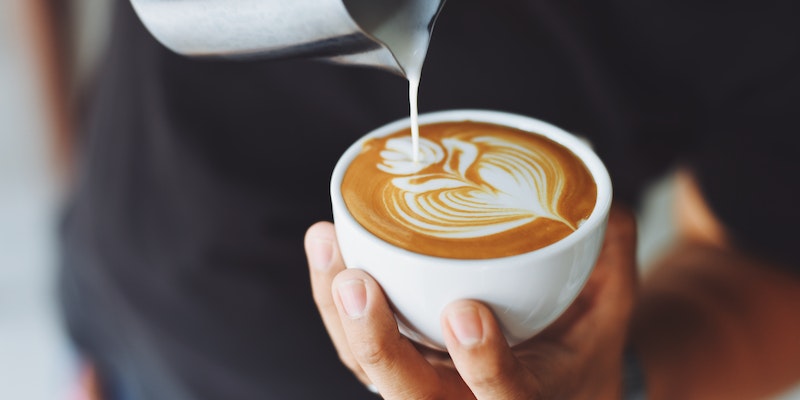
Timing Your Caffeine: Identifying the Ideal Moments for Coffee Consumption
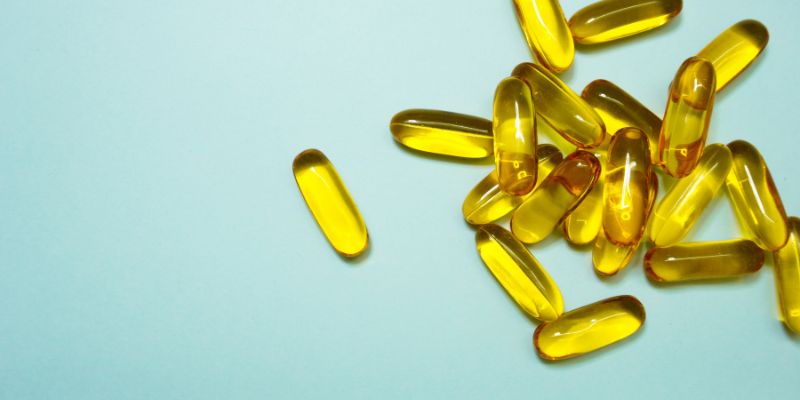
Unlocking the Sunshine Vitamin: Sources of Vitamin D
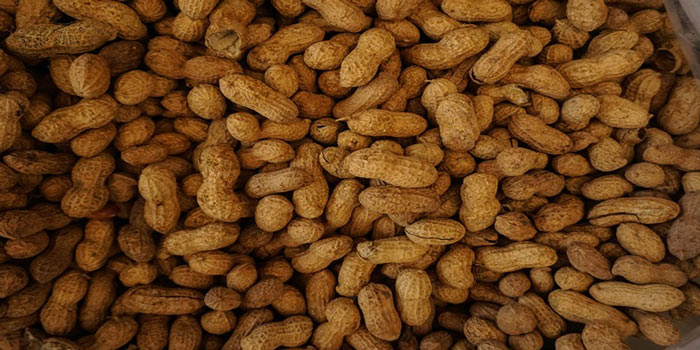
Unveiling Peanut Nutrition Facts and Health Benefits for a Better Lifestyle

Transforming Child Nutrition: Free Training Opportunities for Early Childhood Providers
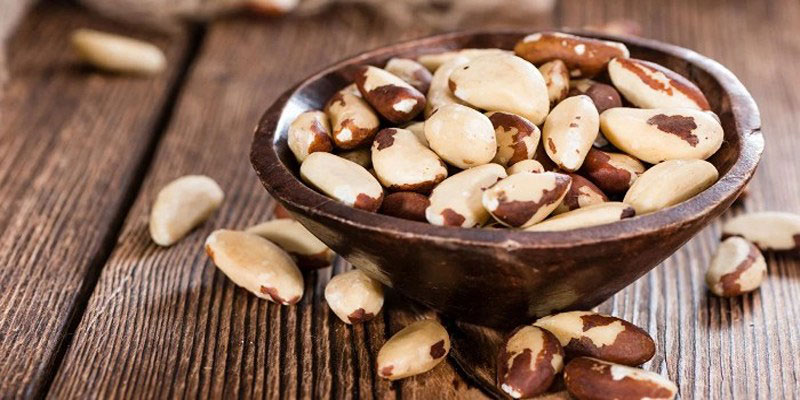
Benefits of Brazil Nuts


